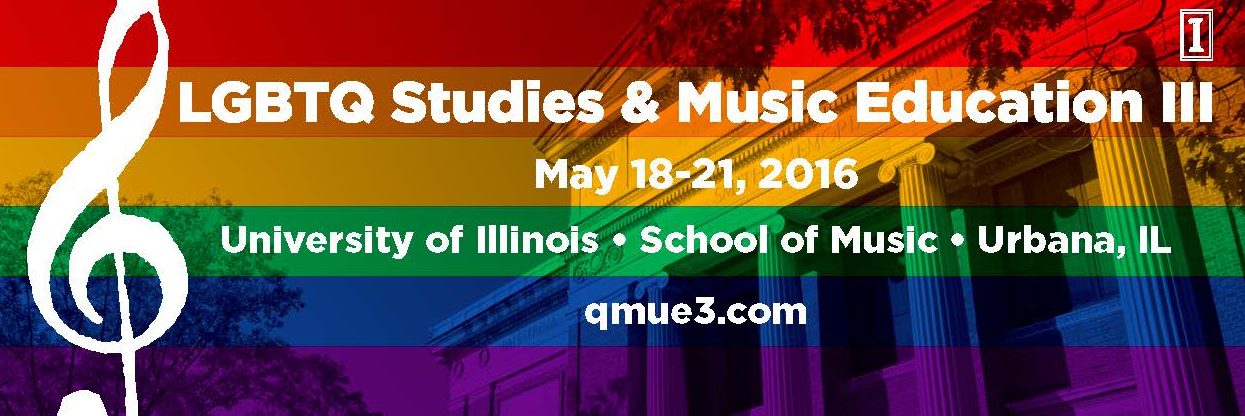Carson Connor Zajdel
Temple University
Title:
Exploring Processes of Secondary Choral Teachers’ LGBTQ+ Identity Revelation
Abstract:
The purpose of this study was to explore the process of secondary choral music teachers’ decisions to reveal and/or conceal their lesbian, gay, bisexual, transgender, and queer/questioning (LGBTQ+) identities in school settings. While heterosexual secondary choral music educators face little risk in sharing appropriate information about their families and personal lives with students as part of either their pedagogy or casual conversation, LGBTQ+ secondary choral music teachers in many states and local municipalities are not afforded this same privilege. Until employment non-discrimination for public and private employees is addressed at the federal level, either through congressional passage of an Employment Non-Discrimination Act (ENDA) or through the federal court system, LGBTQ+ educators across the country will continue to face uncertainty and trepidation over professional and personal futures. Even after some form of federal ENDA becomes law in future years, secondary choral music educators will continue to seek support from teacher education programs, professional music organizations, administrators, and mentors. In order to lay a foundation for the future, this grounded theory study explored the lived experiences of six LGBTQ+ secondary choral music teachers to learn how their identity revelation choices to administrators, colleagues, students, and parents impacted their professional security, their choral program development, their professional development, and their career growth. Data collection, analysis, and theoretical development followed Strauss and Corbin’s (1990) grounded theory approach. The primary data collection included one-one-one semi-structured interviews with each participant. Through the data analysis process that included several levels of coding, a theory emerged reflecting participant experiences. Participants described major influences in their revelatory decisions as family, peers, mentors, administrators, and colleagues. There was a considerable range in participants’ experiences regarding their revelatory decision-making implicating not only the region of where teachers were engaged in teaching, but also the population density (suburban, urban, and rural) as well as school community and outside of school supports. Several participants articulated their continuing revelatory decisions, reflecting on the contextual situatedness of daily life. This study represents the first look at a critical research area. Findings suggest more inquiry is needed with more participants to more fully understand revelatory decisions as they are enacted throughout one’s professional identity development.

Leave a Reply
You must be logged in to post a comment.